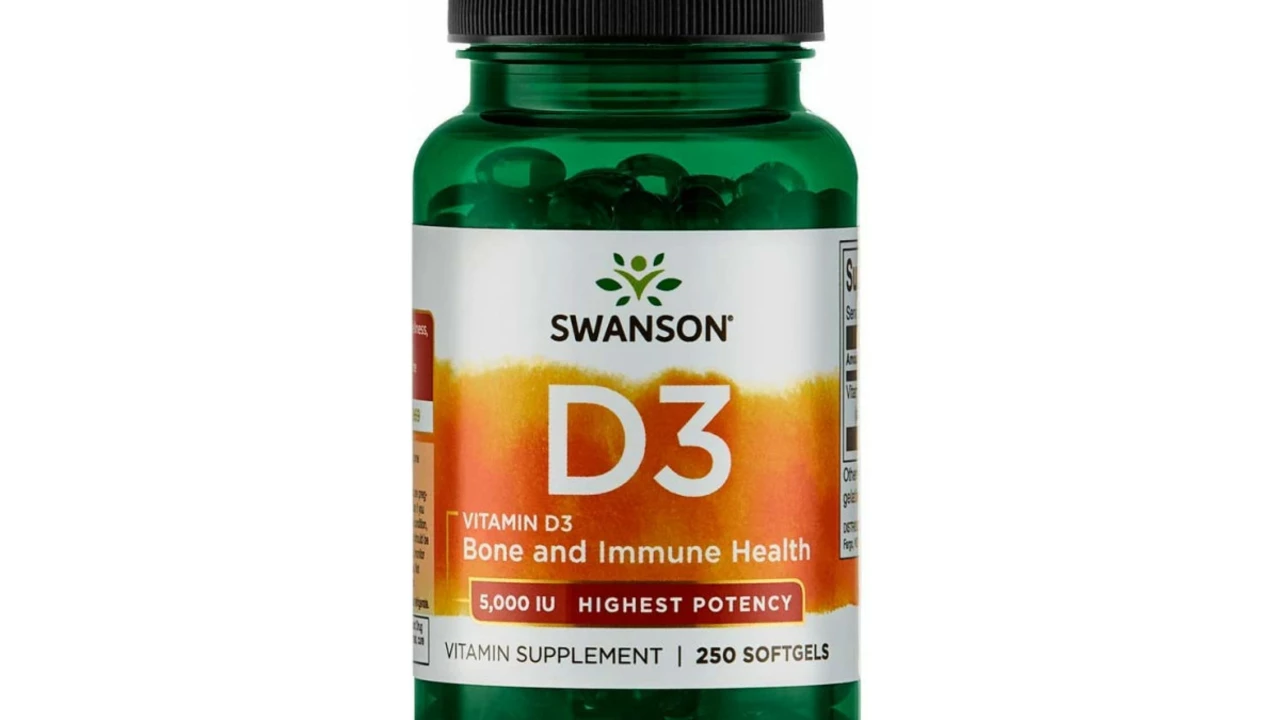Immune System: How to Support Your Defenses
Your immune system is the team that fights infections and helps you recover. You don’t need fancy routines to support it — small, consistent actions matter most. This page gives clear, practical steps you can use every day, plus quick notes on supplements and when to talk with a doctor.
Simple daily habits that help
Sleep. Aim for 7–9 hours most nights. Poor sleep weakens immune responses and raises infection risk. If sleep is a struggle, try a consistent bedtime, less screen time before bed, and a cool, dark room.
Move your body. Regular, moderate exercise — a 30-minute walk most days — lowers inflammation and supports immune function. Don’t overtrain; very intense exercise without recovery can temporarily suppress immunity.
Eat a varied plate. Fill half your plate with vegetables and fruit, add lean protein and whole grains. Foods rich in fiber, antioxidants, and healthy fats feed your gut bacteria, which play a big role in immune health.
Manage stress. Chronic stress raises inflammation and harms immune cells. Try short daily practices: deep breathing, a 10-minute walk, or a quick break away from screens. Small stress breaks work better than occasional long ones.
Stay hydrated and quit smoking. Water helps every cell work, and smoking damages lung defenses and raises infection risk.
Supplements, medicines, and when to seek help
Supplements can help if you have gaps. Vitamin D is commonly low, especially in winter or for people who spend little time outdoors; a blood test tells you if you need it. Vitamin C and zinc can shorten colds for some people when started early, but benefits are modest. Always check with your doctor before starting supplements, especially if you take other medicines.
Some prescription drugs affect immunity. For example, medicines like methotrexate or certain chemotherapy drugs suppress immune function on purpose. If you’re on those, work closely with your specialist about infection risks and vaccines.
Vaccines are a major tool. Keep up with routine vaccines and seasonal shots your doctor recommends. Vaccines train the immune system to handle specific threats without causing the disease itself.
Watch for warning signs. See a doctor if you have frequent infections, slow wound healing, unexplained fevers, or dramatic weight loss. These can suggest an underlying immune problem that needs testing.
Small, consistent actions beat quick fixes. Focus on sleep, movement, a varied diet, stress control, and proper medical advice. If you want links to detailed articles on supplements, specific drugs, or medical procedures, check the related posts on this site or contact your healthcare provider for personalized guidance.

Revitalize Your Immune System with Echinacea: The Dietary Supplement Everyone is Talking About
Hey folks, it seems like Echinacea is the new 'it' girl in town. This little powerhouse plant is flexing its muscles in the dietary supplement scene, promising to pump up your immune system like nobody's business. Can't sneeze without worrying about catching a cold? Echinacea might just be your new best friend! So jump on the bandwagon, and give your immune system the love it deserves with this talk-of-the-town supplement. After all, who could say no to a buffed-up body defense system?
read moreThe Incredible Health Benefits of Probiotics
I recently learned about the incredible health benefits of probiotics and I just had to share it with you all! Probiotics are live bacteria and yeasts that are great for our digestive system, helping to balance the good and bad bacteria in our gut. They're known to boost our immune system, improve mental health, and even aid in weight management. You can find them in foods like yogurt, kefir, and kimchi or even take supplements. I'm definitely going to incorporate more probiotics into my diet, and I hope you'll give it a try too!
read more




